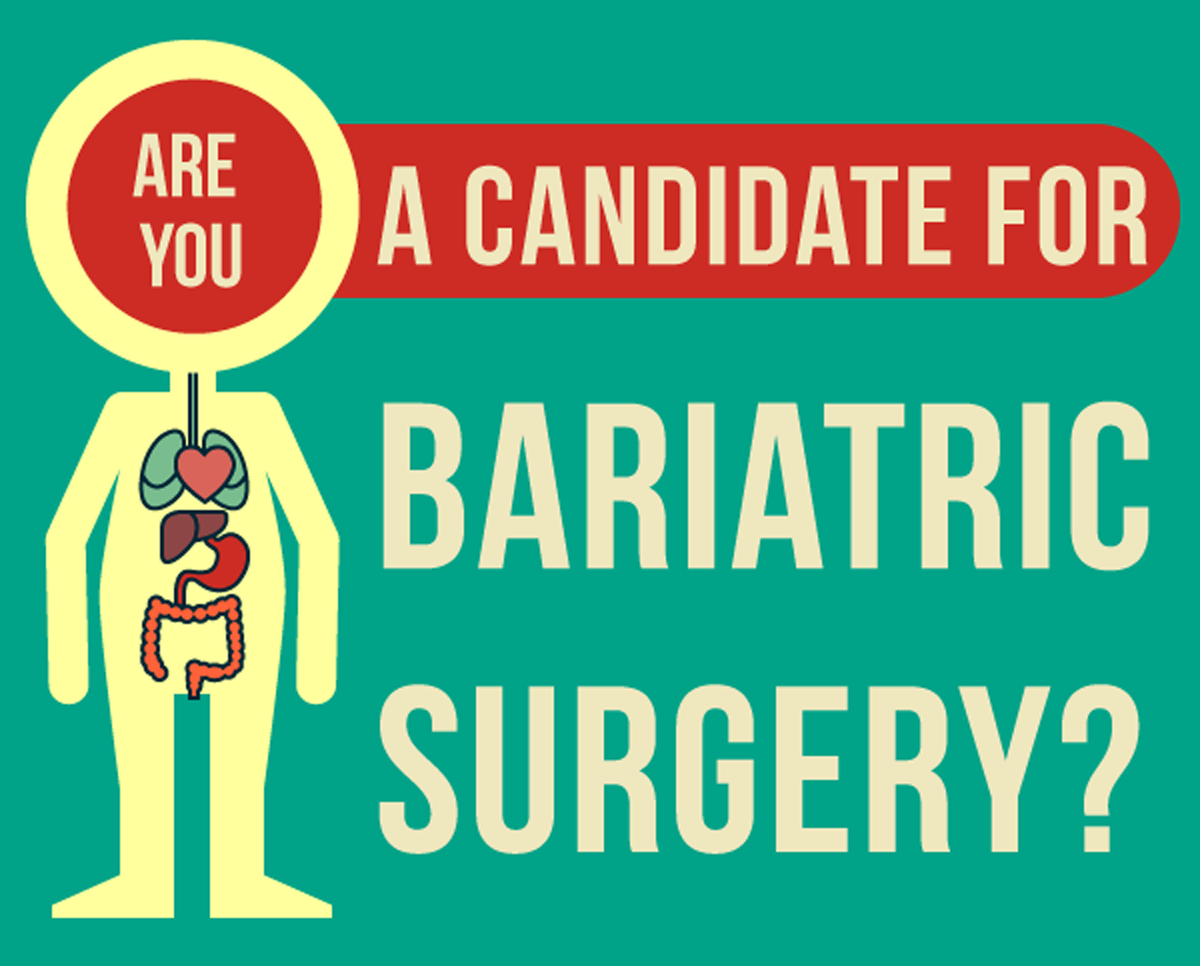Table of Contents
Who Is A Good Candidate For Weight Loss Surgery?
While different countries, clinics, and insurers are going to have varying qualifying criteria for bariatric surgery, you may be a candidate for it if your medical team determines a true clinical need. They need to believe that the benefits of surgery will outweigh the risk in your case, as well as that you will be able to cope well with the lifestyle alterations required of you after your operation.

In general, you may be a good candidate for bariatric surgery if:
- You have a BMI of over 40 but under 50.
- You have a BMI of over 35 in combination with at least one medical condition that is directly weight-related, such as hypertension, diabetes, or obstructive sleep apnea.
- You need to lose at least 100 lbs to reach a healthy weight.
- You are unable to lose sufficient weight without bariatric surgery, either because mobility restrictions prevent you from exercising or because diet and exercise plans simply did not yield the results you need to attain a healthy weight.
- You have shown that you are able to control your eating patterns prior to the surgery. Bariatric surgeons will often require you to lose some amount of weight by yourself before considering you a candidate for this reason.
Because the surgery itself will not change your emotional relationship with food, receiving counseling prior to undergoing the operation increases your chances of a successful outcome.
Life Beyond Bariatric Surgery
Some people see bariatric surgery as an "easy fix". They are, without exception, all people who have not undergone it themselves. Weight loss surgery can help people with life-threatening surgery live longer. More than that, it can help them turn their lives around completely. It is, however, not an easy path to take by any means.
At least initially, you will be on a very low calorie diet to promote weight loss. Those who have had portions of their stomachs surgically removed will need to eat smaller meals for the rest of their lives, both to prevent weight gain and surgery-related medical complications. Those who underwent resectioning of the small intestine will never again be able to receive all the nutrients they need from food alone, causing them to depend on nutritional supplements for the rest of their lives.
While the weight will fly off in the initial post-surgery period, even people who have undergone bariatric surgery frequently find that their weight loss plateaus as they inch closer to their ideal weight and that they'll have to work increasingly hard to continue seeing results.
- Infographic by SteadyHealth.com


Your thoughts on this